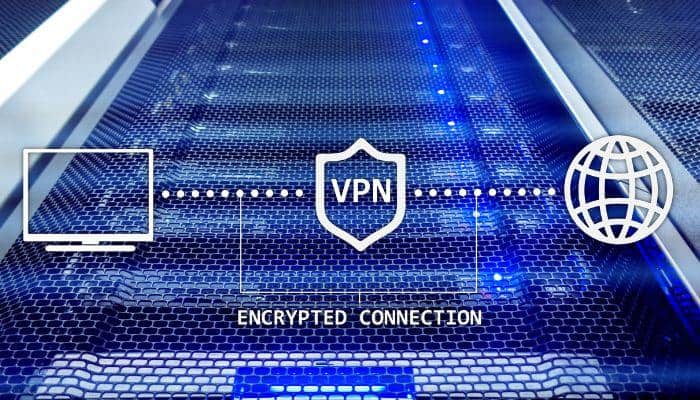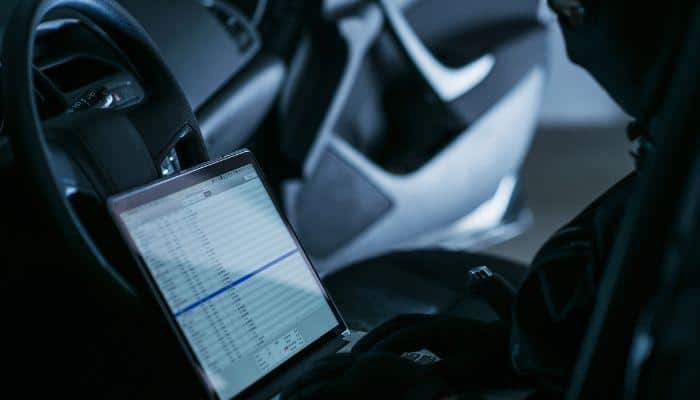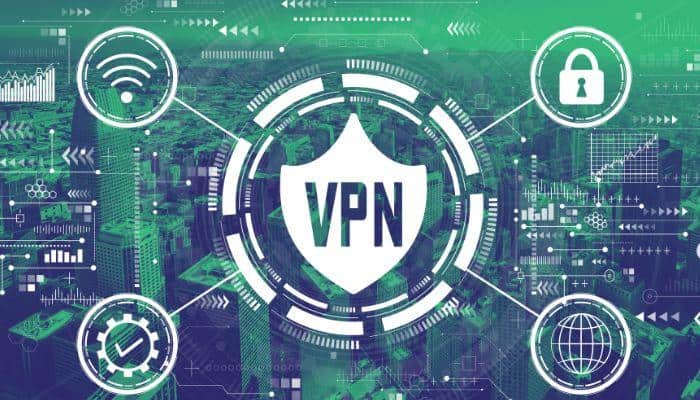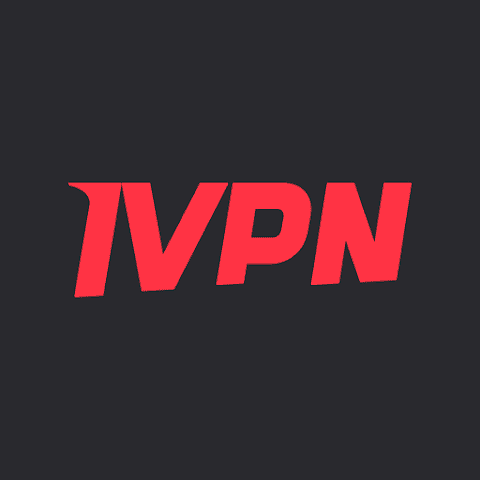Table of Contents
What is a VPN?
A VPN, or Virtual Private Network, is a technology that enables you to connect to the internet securely and privately.
It essentially creates a secure, encrypted tunnel between your device and the internet, protecting your online privacy and data. When you connect to a VPN, all of your internet traffic is routed through the VPN server, which encrypts the data and makes it impossible for anyone, including your internet service provider (ISP), to see what you’re doing online.
You will need a VPN if you’re concerned about online privacy, security or censorship.
Why you Need a VPN

Encrypting Your Internet Traffic
One of the key reasons you need a VPN is its ability to encrypt your internet traffic.
By establishing a secure connection between your device and the VPN server, all data transmitted through this tunnel is encrypted, making it nearly impossible for third parties to intercept or conduct surveillance on your online activity.
This encryption is particularly crucial when connecting to public Wi-Fi networks, which are notorious for their lack of security measures.
Shielding Your Personal Information
Using a VPN adds an extra layer of protection to your personal information.
By masking your IP address and replacing it with the VPN server’s IP address, a VPN prevents websites, advertisers and even your internet service provider (ISP) from tracking your online behavior.
This shielding effect ensures that your browsing history, search queries and other sensitive data remain private and inaccessible to prying eyes attempting to snoop on your network traffic.
Bypassing Geo-Restrictions

A VPN allows you to access geo-restricted content by virtually placing you in a different location.
By connecting to a VPN server in a specific country, you can bypass regional restrictions imposed on certain websites like streaming platforms such as Netflix and other online services.
This opens up a world of possibilities, granting you access to a wider range of content that would otherwise be unavailable in your location.
Overcoming Internet Censorship
Traveling through a hostile nation? You will definitely need a VPN to make sure your online activity isn’t being monitored by the local government.
In regions where internet censorship is rampant, a VPN can be a valuable tool for circumventing these restrictions.
By tunneling your internet traffic through a VPN server located in a more privacy friendly jurisdiction, you can evade censorship measures and freely access blocked websites, social media platforms and other online resources.
Protecting Against Cyber Threats

A VPN by itself is not going to protect you from malware, phishing or other cyber attacks, but it does provide a layer of protection in the form a secure encrypted connection.
The encrypted connection provided by a VPN shields your sensitive information, such as passwords, financial details, and personal communications, from potential hackers and identity thieves when entering it online.
Another tip is to always use HTTPS instead of standard HTTP.
Most browsers have a setting now to automatically use HTTPS even on websites that do not support it, but fortunately in 2023, most websites you will come across are using an SSL certificate.
Mitigating Risks on Public Networks
Public Wi-Fi networks are notorious hotspots for cybercriminals seeking to intercept users’ data.
You need a VPN to reduce the risks associated with using public networks.
The encryption offered by a VPN ensures that your data remains secure, even while connected to potentially unsecured Wi-Fi networks in cafes, airports, or hotels.
This provides peace of mind and allows you to browse, shop, bank and communicate securely without the fear of falling victim to man-in-the-middle attacks (MITM).
MITM attacks are where somewhere attempts to intercept your traffic before it reaches it’s destination, by either having access to the hotspot you’re connecting to and intercepting data packets before they are sent through the network or by setting up a rogue access point, that looks the same as the public network you think you’re connecting too.
Anonymity and Privacy

A VPN enables you to maintain a higher level of anonymity while browsing the internet BUT ONLY when used together with anonymity services such as TOR, I2P or Lokinet.
A VPN by itself provides no true anonymity due to what is known as “Log Files”.
Log files are connection details that are created when you connect to a VPN and use it to connect to other services and websites online.
You need a VPN provider that doesn’t keep logs or limits the logs they collect to the bare essentials.
A highly sophisticated adversary, such as a government agency can subpoena or issue a gag-order to VPN providers to force them to hand over your log files.
This is why it’s crucial to choose a provider that is based in a privacy respecting country such as Switzerland and one that does not keep log files and provides transparency in the form of open sourcing their VPN software.
You should not rely on just no-logging VPN’s for full anonymity, instead treat them as stepping stones to access anonymity services or (even better) connect to a VPN once your traffic is already being routed through an anonymity service . This gives you an additional layer of protection.
By concealing your true IP address and routing your traffic through a VPN server, you can prevent websites, advertisers and other entities from identifying and tracking your online activities.
Avoiding ISP Throttling
Internet Service Providers (ISPs) have been known to throttle or slow down internet speeds for certain activities or specific websites.
You will need a VPN to bypass ISP throttling as your traffic is encrypted and your online activities are hidden when using one.
This allows you to enjoy faster and uninterrupted internet access, regardless of the content or services you are accessing.
How to Pick the Best VPN Provider
Evaluating Security Features
When you need a VPN, it’s important to choose the right provider. Assess the security features offered. Look for VPNs that provide strong encryption protocols, such as AES-256, along with additional security measures like kill switch functionality and DNS leak protection.
These features ensure a higher level of privacy and data protection.
Logging Policy
You need a VPN that does not keep logs, so pay attention to the provider’s logging policy. Go with VPNs that have a strict no-logs policy, meaning they do not store any information about your online activities. This ensures that even if requested, there will be no records available to compromise your privacy.
Kill Switch Functionality
A valuable feature to look for in a VPN is the kill switch functionality. This feature ensures that if your VPN connection drops unexpectedly, all internet traffic from your device is immediately blocked.
This prevents any data leakage or exposure of your real IP address and guarantees the continuous protection even in unstable network conditions.

Considering Server Locations
The number and distribution of VPN servers are essential factors to consider. You will need a VPN provider with a wide range of server locations.
This allows you to choose from multiple options, giving you flexibility in accessing geo-restricted content and enhancing connection speeds.
Connection Speed and Performance
You need a VPN with blazing fast connection speeds and reliable performance, especially if you plan on using it for activities that require high bandwidth, such as streaming, torrenting or online gaming.
Look for VPN providers that offer fast and stable connections, minimizing any potential lag or buffering issues that could impact your online experience.
Device Compatibility
Ensure that the VPN you choose is compatible with the devices you frequently use. Whether it’s a desktop computer, laptop, smartphone or tablet, you will need a VPN that offers dedicated apps or easy-to-configure settings for your preferred devices and operating systems.
Cost and Value
While price should not be the sole determining factor, it is important when you’re on a budget and still need a VPN that checks all the boxes.
Look for VPN providers that offer competitive pricing, flexible subscription plans, and value-added features. Strike a balance between affordability, features and the quality of service.
How you’re able to pay for the service is even more important, especially when you need a VPN that you can use anonymously.
Look for VPN providers that accept mail-in-cash orders and cryptocurrency payments using cryptocurrencies such as Monero and Bitcoin.
Our top recommendations all accept these forms of payment.
Simultaneous Device Connections
The amount of device connections allowed by the VPN service is important to note. If you have multiple devices that need a VPN connection, such as your smartphone, laptop and tablet, go with a provider that offers generous simultaneous connection limits.
This enables you to secure all your devices without needing to purchase multiple VPN subscriptions.
User-Friendly Interface and Configuration
Ideally you’ll need a VPN provider that offer easy-to-use applications and straightforward configuration options. A well-designed interface ensures that you can quickly connect to the desired VPN server, switch between protocols, and customize settings to fit your preferences.
Customer Support and Assistance
In case you have any issues or questions regarding the service, prompt and helpful customer support can make a huge difference.
You’ll need a VPN provider that offer 24/7 customer support through various channels, such as live chat, email or phone.
Reputation and Trustworthiness
Reputation and trustworthiness in the VPN business is everything.
Look for well-established and reputable VPN services that have a track record of protecting user privacy and security.
User reviews, independent security audits and industry recognitions can give you an idea about the credibility, reliability and trustworthiness of the VPN provider.
Before committing to a specific VPN provider, take the time to research and read reviews from reputable sources and actual users.
Regular Updates and Security Audits
You need a VPN that remains up to date and secure. Go with providers that regularly update their software and conduct security audits.
The provider should release timely updates to patch any vulnerabilities they’re discovered or other security researchers have found.
Having a VPN no longer feels like an option in the surveillance heavy and privacy invasive world we live in.
You absolutely need a VPN if you want to keep yourself safe from the many online threats that exist.
From protecting your personal data and preserving online privacy to bypassing geo-restrictions and enhancing online security, the benefits of using a VPN are undeniable.
By understanding the importance of this powerful tool, you can make informed decisions to safeguard your online activities and enjoy a safer, more secure online experience.
You might also like:
GrapheneOS: How to Get the Most Secure Smartphone OS in 2023





